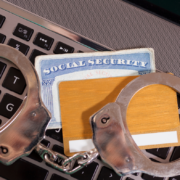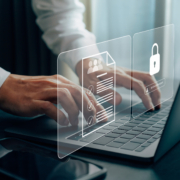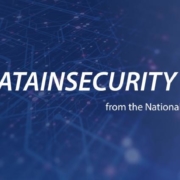NCL supports AI liability rule, recommends extending its reach
May 2, 2024
Media contact: National Consumers League – Melody Merin, melodym@nclnet.org, 202-207-2831
Washington, DC – This week, NCL and six other consumer advocacy and public interest organizations submitted comments in support of a Federal Trade Commission proposal that would establish legal liability for AI developers who know (or have reason to know) that their AI is facilitating fraud.
The FTC’s proposed rule would enable the agency to crack down on scams that use deepfakes and voice cloning. It would also help to fill a glaring gap in its ability to hold impersonation frauds accountable, like romance and grandparent scams. This hole in the Commission’s capacity to return funds to victims of fraud is a direct result of the Supreme Court’s decision in the 2021 AMG Capital Management v. FTC case.
“While some AI developers implement safeguards to prevent the misuse of their products, many do not,” said NCL Public Policy Manager Eden Iscil. “The FTC’s initiative in this space should put companies on notice that they cannot put out unregulated AI tools and allow criminals to supercharge their frauds with them.”
Recent trends have shown the urgent need for the FTC to have strong enforcement options to combat impersonation fraud. NCL’s Top Ten Scams report for 2023 found significant consumer losses attributed romance and family-and-friend imposter fraud, with victim complaints showing median losses at $8,000 and $1,040, respectively. Generative AI, including text generation, voice cloning, and visual deepfakes, can enable these scams to be significantly more effective. The Federal Bureau of Investigation noted a 322% increase in sextortion reports between 2022 and 2023, attributing much of the increase to the proliferation of AI tools.
The Center for American Progress, Consumer Action, Consumer Federation of America, Electronic Privacy Information Center, the National Association of Consumer Advocates, the National Consumer Law Center, and NCL urged the Commission to clarify that the liability for AI developers in facilitating fraud should also apply to companies that provide scammers access to AI tools, even if the companies did not develop the AI themselves. The full comments can be found here.
Additional reading:
- NCL applauds President Biden’s landmark AI executive order
- Senators introduce NCL-endorsed AI CONSENT Act
- Bipartisan senators introduce NCL-endorsed AI Labeling Act
###
About the National Consumers League (NCL)
The National Consumers League, founded in 1899, is America’s pioneer consumer organization. Our mission is to protect and promote social and economic justice for consumers and workers in the United States and abroad. For more information, visit nclnet.org.
























